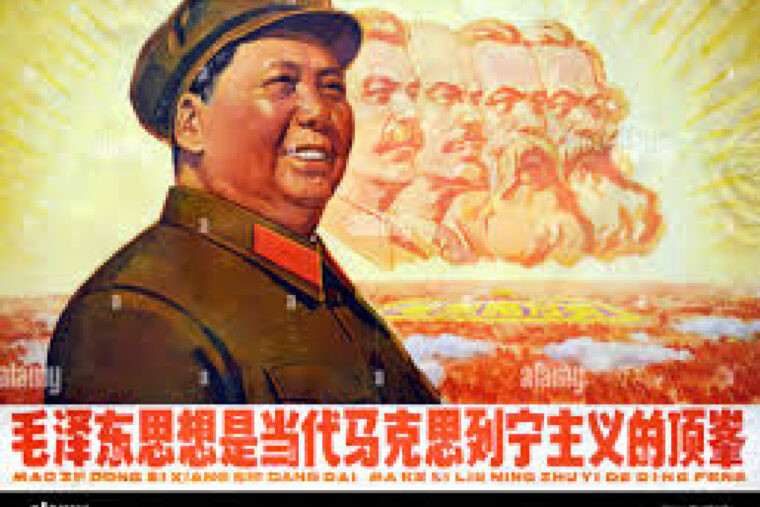The main difference between socialism and communism is one has an AK47 in the back of your head and one is looking to get that AK47. – Quang Nguyen
My recent book, Stalin, Mao, Communism and their 21st-Century Aftermath in Russia and China (Cambridge Scholars Publishing 2024) is not a comprehensive or a chronological history of the Soviet Union, China, or Russia in the 20th and 21st centuries. It is a literary investigation annotating the salient events in the history of the Soviet Union under Stalin and, very briefly, of some of his successors. We only take a glimpse of Mao Tse-tung and China, and “democratic” Russia under Vladimir Putin. And from the outset, let me state that in modern political theory, there is a distinction made between socialism and communism, and thereby the relative positions they occupy on schematic diagrams of the political spectrum.
In communism, the state, incarnated in one political party, owns all means of production, distribution, and even consumption, ostensibly under an egalitarian and “on need” basis. In practice, communist party officials, as political elites, are “more equal than others,” and reserve to themselves their “fair share” at the expense of the masses. Moreover, communism comes about by the “class struggle” and imposition by force and violent revolution, for the establishment of the “dictatorship of the proletariat.”
To paraphrase Mao Tse-tung, communism is the attainment of political power by the barrel of a gun and complete control of all services and the methods of production, distribution, and consumption of goods by the omnipotent state. There are minimal or no private property rights. The repressive machinery of the secret police and the military maintain the social, economic, and political power structure in the nation.
By Dr. Miguel A. Faria



